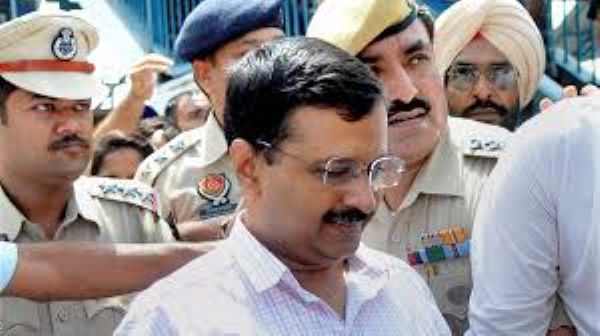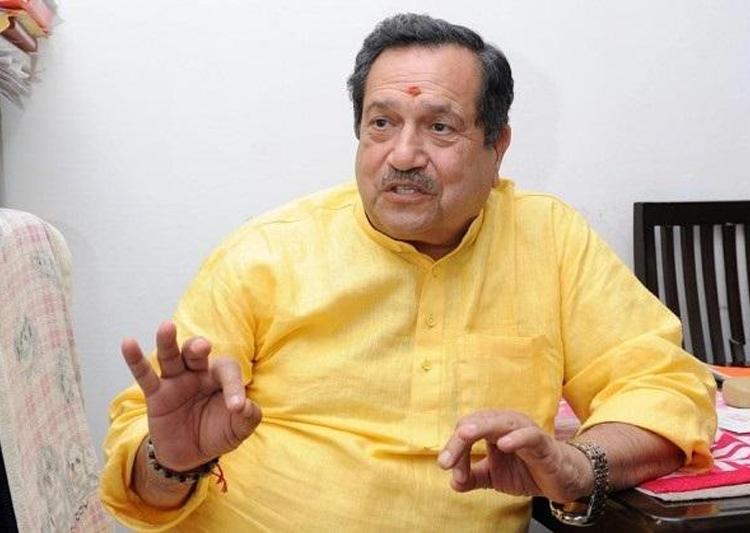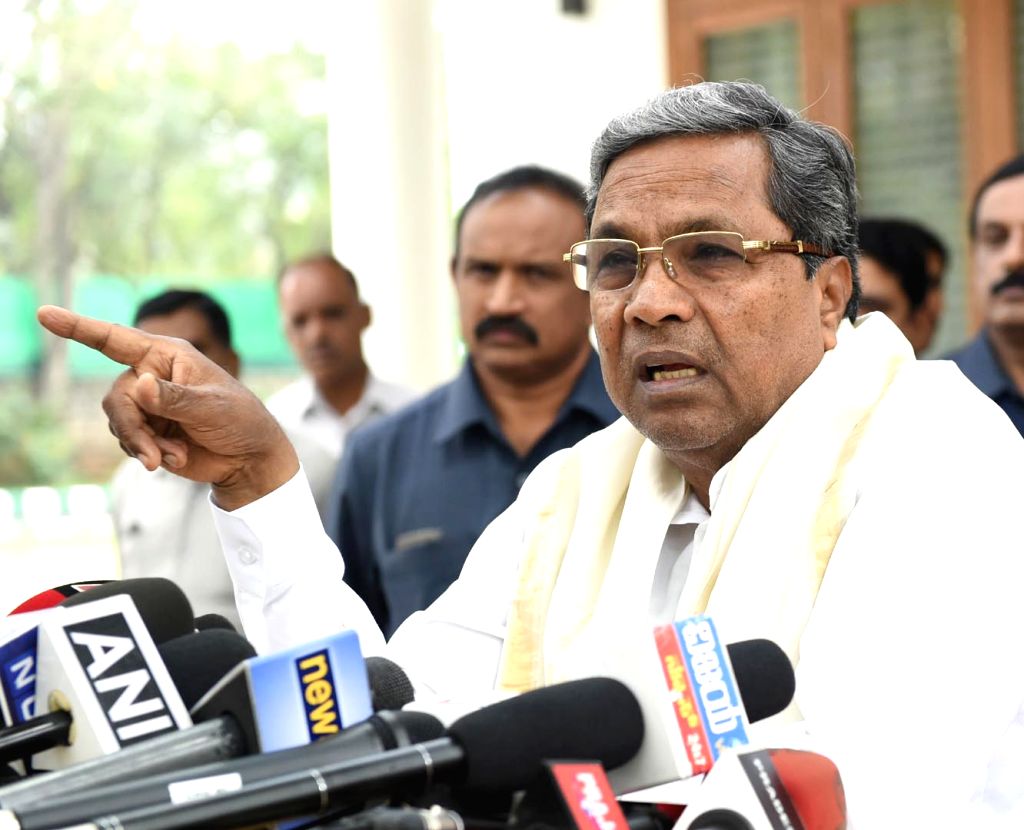ED seeks judicial custody for Kejriwal after he surrenders on June 2

New Delhi: The ED on Monday sought extension of Delhi Chief Minister Arvind Kejriwal’s judicial custody after he surrenders on June 2 in an excise policy-linked money-laundering case.
The Enforcement Directorate (ED) moved the application before Special Judge for ED and CBI Kaveri Baweja, seeking 14-day judicial custody for Kejriwal when he surrenders on June 2, claiming that the period of judicial custody granted earlier ends on Monday.
Kejriwal is out on interim bail till June 1 following an order of the Supreme Court, which has directed him to surrender on June 2.
A two-judge bench of the top court, comprising Justices Sanjiv Khanna and Dipankar Datta, reserved judgement in the case but granted Kejriwal the liberty to seek regular bail from the trial court.
During Friday’s proceedings, the Supreme Court had asked the ED to submit the files, stating, “We want to see the statements of witnesses recorded after Manish Sisodia’s arrest, after the delivery of the judgement denying bail to him and before Kejriwal’s arrest.”
The court also directed both parties to file written submissions within a week.
Additional Solicitor General (ASG) SV Raju, representing the ED, informed the bench that further evidence regarding ‘hawala transactions’ had been discovered, including WhatsApp chats.
The bench inquired if these were documented in the ‘grounds of arrest’ provided to Kejriwal. ASG Raju responded that the probe agency is not obligated to share all information with the accused. The bench countered, “How will you not give reasons to believe? How will he challenge those reasons?”
ASG Raju argued that supplying every piece of evidence to the accused before arrest could jeopardise the investigation. To this, Justice Khanna said that the investigating officer should have sufficient material to justify an arrest, which should be the standard practice.
ASG Raju further noted, “There is a distinction between criminal law and ordinary administrative law at the stage of discharge. The court cannot look at any other material apart from what the prosecution submits.”
He pointed out that entertaining such pleas could set a precedent, leading to numerous similar petitions. “The magistrate is not required to read thousands of papers and burn the midnight oil,” Raju said.
Senior advocate Abhishek Manu Singhvi, representing the Delhi CM, countered in his rejoinder that the ED relied on a single statement while disregarding others. Singhvi argued, “There is no iota of material in the grounds of arrest. Over 1.5 years, they conducted the investigation. No action against Kejriwal. There was no necessity to arrest based on material that was there with ED in July-August 2023.”
He referred to a statement by Sarath Reddy, an accused turned approver, who allegedly purchased electoral bonds and gave them to the Bharatiya Janata Party (BJP).
Arvind Kejriwal was arrested on March 21 in the money laundering case, with the Supreme Court granting him interim bail from May 10 to June 1 for campaigning in the ongoing Lok Sabha elections. He’s ordered to surrender on June 2.
However, the court has prohibited Kejriwal from visiting his office or the Delhi Secretariat and signing official files unless necessary for obtaining the lieutenant governor’s approval.
The case pertains to alleged corruption and money laundering in the formulation and execution of the Delhi government’s excise policy for 2021-22, which has now been scrapped.



